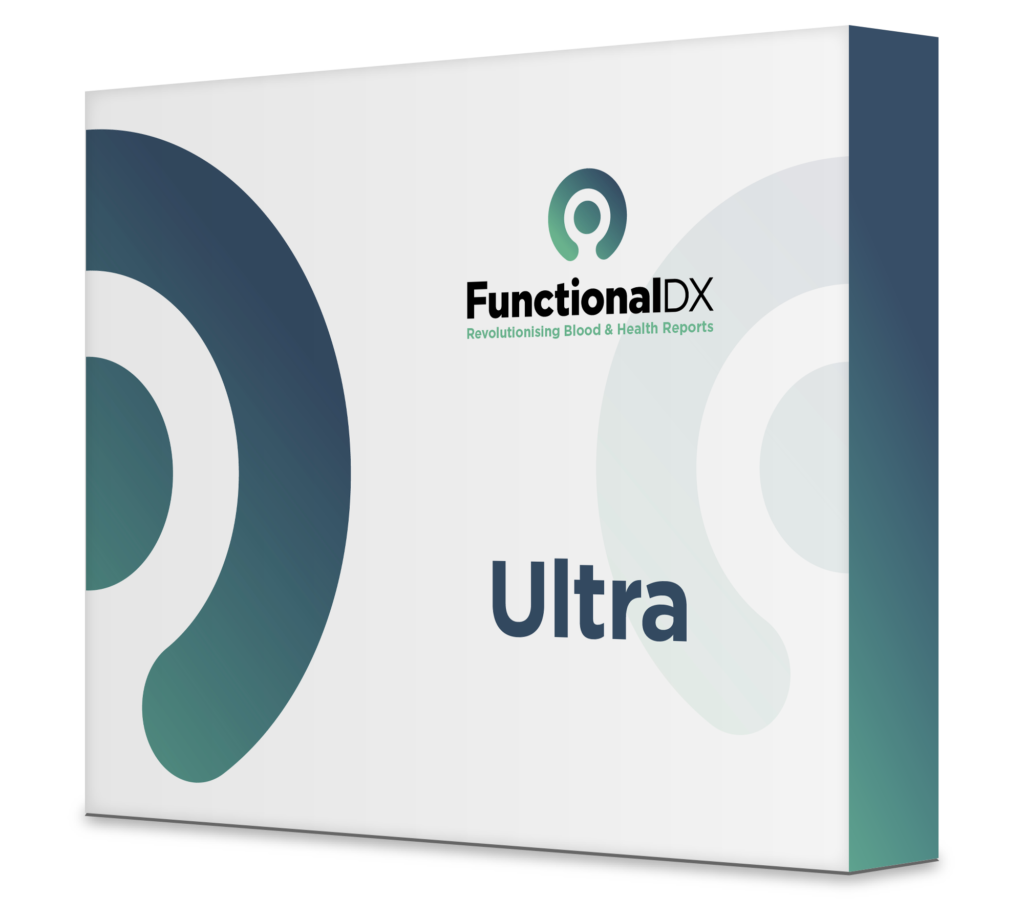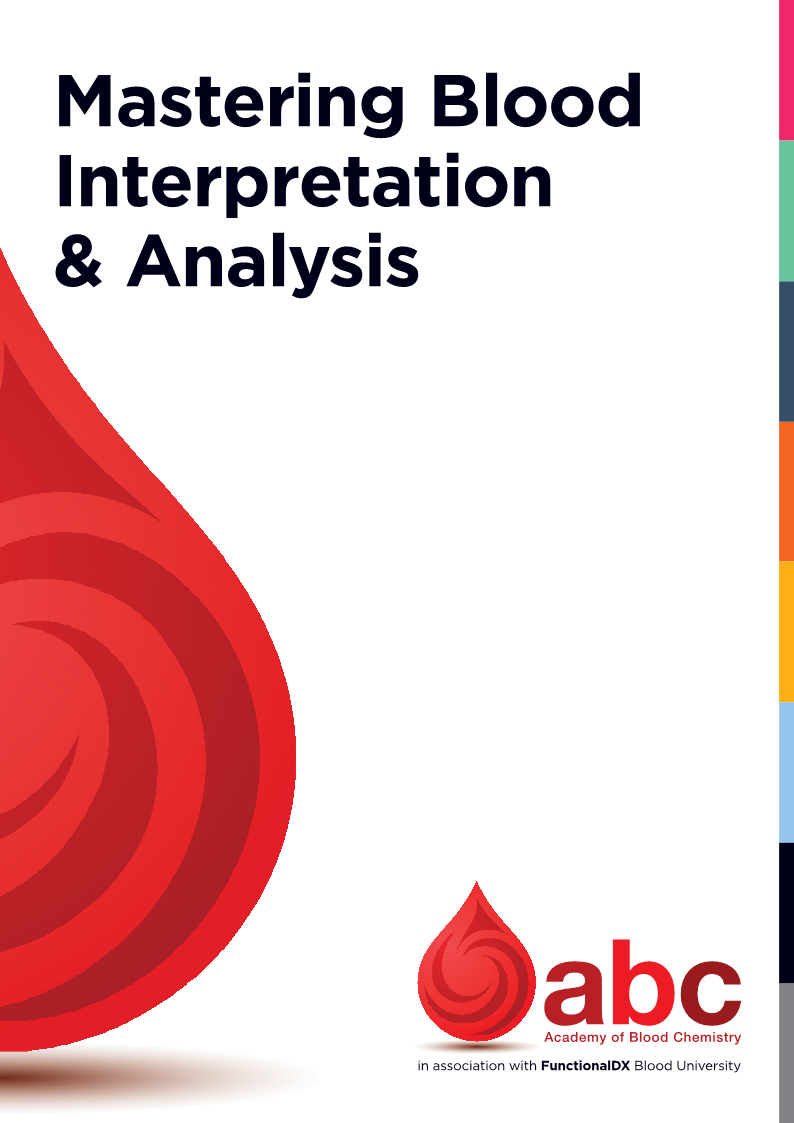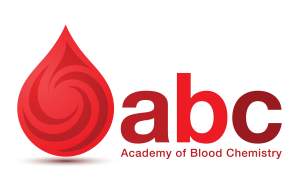Act quickly… this is the ULTIMATE blood course!
Don’t wait. Enroll now for just £860 or secure your spot with 3 interest-free payments. Claim this offer before it’s gone.
The first 125 BANT members to enrol receive 25% off. If you don’t have a voucher, please email your membership certificate to abc@academyofbloodchemistry.com.
About the Academy of Blood Chemistry course
Expand your expertise with our newly revised Academy of Blood Chemistry Mastering Interpretation and Analysis Course. Now featuring the latest research, this course provides in-depth analysis into over 100 blood markers and their impact on major and supporting body systems.
Is the course right for you?
The new ABC Interpretation Course is suitable for you if you have some basic understanding of blood biomarkers and interpretation or if you have already done the entry level course, although that is not a prerequisite.
Unlocking Blood Chemistry Puzzle, One Piece at a Time
Maximise the potential of blood analysis to gain true insights into the mechanisms and system imbalances underlying your clients’ symptoms.
Gain deeper insights into root causes by examining more than 100 blood biomarkers, their interrelationships, and what different patterns amongst biomarkers can tell you about your client’s health.
Understand how interconnected patterns of biomarkers affect the body’s major and ancillary systems, leading to identification of the need for nutrient and lifestyle support.
Identify the critical patterns in functional blood test results, enabling practitioners to deliver effective protocols and generate clinical success.
Apply an optimal lens making previously hidden trends towards clinical dysfunction visible helping to create protocols that prevent chronic disease.
Create targeted and effective protocols that deliver successful client outcomes in less time and drive referrals and clinic growth.
Structure of the course
The course is blended learning with pre-recorded and live materials and can be completed at your own pace. You have 6 months to complete the course which includes analysis of over 100 biomarkers and all the major and ancillary body systems they affect.
| Section | Description |
|---|---|
| Intro | Gain invaluable tools to examine blood from a holistic perspective and gain true insight into the mechanisms and system imbalances underlying your clients’ symptoms. Delve into the biochemistry that can help you truly understand the significance of each biomarker, how different biomarkers relate to each other, and what different patterns amongst biomarkers can tell you about your client’s health. Learn how to apply this knowledge clinically to make a real difference to your client outcomes. |
| Glucose | The glucose panel is a critical tool in assessing metabolic health. The panel comprises several biomarkers, each offering valuable insights into long- and short-term perspectives on glycemic control. You will also learn about the most critical biomarker for insulin resistance. Understanding these biomarkers and their interplay is essential for navigating the complexities of metabolic health. alt:ast ratio, C-peptide, Glucose, HbA1C, Insulin. |
| Renal | Examine markers such as urea, eGFR, creatinine, and the urea:creatinine ratio to gain insight into the complex workings of the renal system. Identify patterns that signal potential areas for concern, including excretion/detoxification, muscle metabolism, protein intake and breakdown, dehydration, as well as catabolic stress. Creatinine, eGFR, Urea, Urea / Creatinine Ratio |
| Metabolic | Examine the clinical significance of the metabolic panel, analysing markers such as uric acid, creatine kinase, and the anion gap. Investigate potential interpretations of their out-of-range levels, and identify patterns and connections to other markers, nutrients and functional systems of the body. Anion gap, Uric acid |
| Enzymes | Discover the critical roles of amylase and lipase in evaluating pancreatic function and beyond. These two enzymes offer valuable insights not only into digestive health, but also immune function, and biliary tree integrity. Amylase, Lipase |
| Proteins | Proteins play a crucial role in numerous physiological processes, ranging from immune defence, tissue repair, enzyme activity, to transport of lipids, hormones, vitamins and minerals. Examine the diverse insight the protein panel offers, revealing patterns linked to nutritional deficiencies, digestive issues, inflammation, immune function, hydration levels and more. Albumin, ALBUMIN/GLOBULIN RATIO, Globulin, Proteins Total |
| Electrolytes | Electrolyte balance is key for fluid balance and maintenance of cellular pH. Patterns within the electrolyte panel can give insight into adrenal function, metabolic acidosis or alkalosis, increased risks for hypertension and inflammation, as well as nutrient intake and hydration status. Bicarbonate, Chloride, Na:K ratio, Potassium, Sodium |
| Liver/Gallbladder | Assess hepatic function and biliary tract health through a spectrum of liver markers, bilirubin indicators, and the versatile LDH enzyme, offering valuable insights into various aspects of health beyond hepatic function alone. Alkaline Phosphatase, ALT, AST, Bilirubin Direct, Bilirubin Indirect, Bilirubin Total, Gamma-GT, LDH, AST:ALT Ratio |
| Minerals | Explore how mineral deviations of calcium, phosphorus and magnesium can affect vitamin D, parathryoid, adrenal and thyroid hormones as well as digestive and renal dysfunction, and tissue breakdown. Ca:P ratio, Calcium, Magnesium, Phosphates |
| Lipids | Interpret lipid markers to gain a more nuanced understanding of cardiovascular risk, as well as how they can help to inform about liver function, thyroid status, blood sugar balance, inflammation, oxidative stress and more. Cholesterol, HDL (Cholesterol), LDL (Cholesterol), Triglycerides, LDL:HDL ratio, Non-HDL Cholesterol, Cholesterol:HDL, Triglyceride:HDL |
| Inflammation | Controlling inflammation is vital for health and longevity. Examine inflammation and oxidative stress markers and their diverse implications for health and longevity. Creatine Kinase, CRP, HsCRP, ESR, Fibrinogen, Homocysteine (I) |
| WBCs | White blood cells serve as the guardians of our immune system, defending the body against pathogens and maintaining overall health. Explore the significance of individual WBC markers versus intricate ratios and patterns for overall health maintenance and pathogen defence. Basophils, Eosinophils, Lymphocytes, Monocytes, Neut:Lympho ratio, Neutrophils, Total WBC |
| Iron | Review how iron is metabolised in the body and understand why a comprehensive iron panel is necessary to truly assess iron status. Different iron patterns relate to different anaemic and immune presentations and play a crucial role in multiple systems in the body. Ferritin, Iron, TIBC, Transferrin, Transferrin saturation, UIBC |
| Vitamins | Explore the clinical significance of insufficient or excess serum folate, serum B12 and vitamin D. Review absorption of B12 in the body and discover common biomarkers that indicate a functional need for each of these nutrients. Active B12, Folate, Vitamin B12, Vitamin D (25-OH) |
| Haematology | Explore the critical role of Red Blood Cell health as oxygen transporters. Interpret different RBC patterns amongst biomarkers to differentiate likely nutrient insufficiencies as well as identify imbalances such as stress or dehydration. Haematocrit, Haemoglobin, MCH, MCHC, MCV, MPV, Platelets, RDW, Red Blood Cells |
| Thyroid | Gain insight into the thyroid and its effect on metabolic processes. Understand how to interpret different thyroid patterns to differentiate between aetiologies of thyroid dysfunction, and what other markers are relevant to supporting thyroid function. Anti Thyro Globulin ab’s, Free thyroxine (fT4), Free triiodothyronine (fT3), Thyroid-stimulating hormone (TSH), Thyroxine (T4), TPO ab’s, Triiodothyronine (T3) |
| Hormones | Analyse the systemic hormone imbalances in both men and women that can lead to low hormone levels, oestrogen dominance, and prostate problems. Understand the impact of HRT on blood testing and what markers can provide insight into prostate health. Cortisol, DHEA-S, Estradiol E2, FSH, LH, Progesterone PRG, Prolactin, PSA, SHBG, Testosterone |
| Case Studies | 3 case study presentations showcasing blood interpretation in action and its clinical applicability to real life clients. |
| Assessment | Students will complete 2 case studies (1 male; 1 female) with multiple choice questions based on anonymous case studies supplied by the Academy of Blood Chemistry. Assignments to be completed within 6 months and successful students will receive their certification badge and be listed on the Academy of Blood Chemistry practitioner directory. |
Assessment includes satisfactorily completing mulitple choice questions as well as 2 written case reports (anonymous reports supplied by ABC). On successful completion you will be included in our new practitioner directory as a qualified Academy of Blood Chemistry interpretation and analysis practitioner’ to the Assessment topic.
Join the Academy of Blood Chemistry and receive over £500 worth of valuable bonuses

£50 Off
£50 off a Professional range FDX Ultra test (blood draw not included) plus 30 mins 1-2-1 support call from our clinic team on the results. Use for yourself or a friend, or for a client.

£450 Free
A 280+ page reference book covering blood biomarkers, interpretation, plus key therapeutic interventions to consider (please note there is an additional shipping charge outside Great Britian).

Free
Empower your clients with our editable PDF protocol template. Craft professional supplement and lifestyle plans, complete with your own logo for a branded, personalised touch.

£50 Free
Printable e-book quick reference guide for the major biomarkers in Professional range tests so you can refresh your knowledge on the fly as and when needed.
Act quickly… this is the ULTIMATE blood course!
Don’t wait. Enroll now for just £860 or secure your spot with 3 interest-free payments. Claim this offer before it’s gone.
The first 125 BANT members to enrol receive 25% off. If you don’t have a voucher, please email your membership certificate to abc@academyofbloodchemistry.com.
